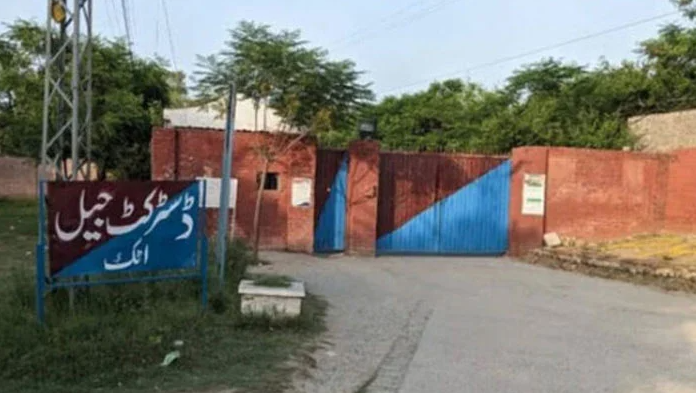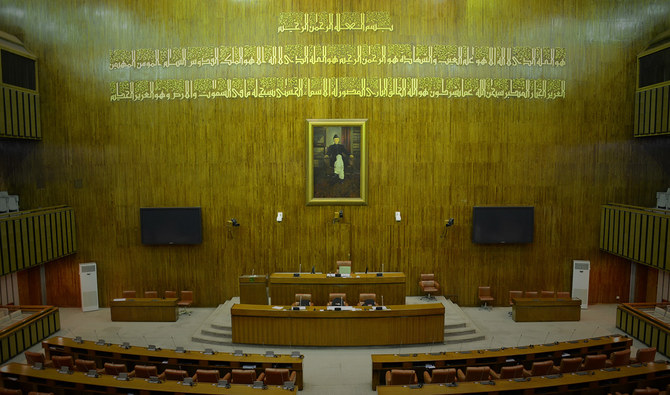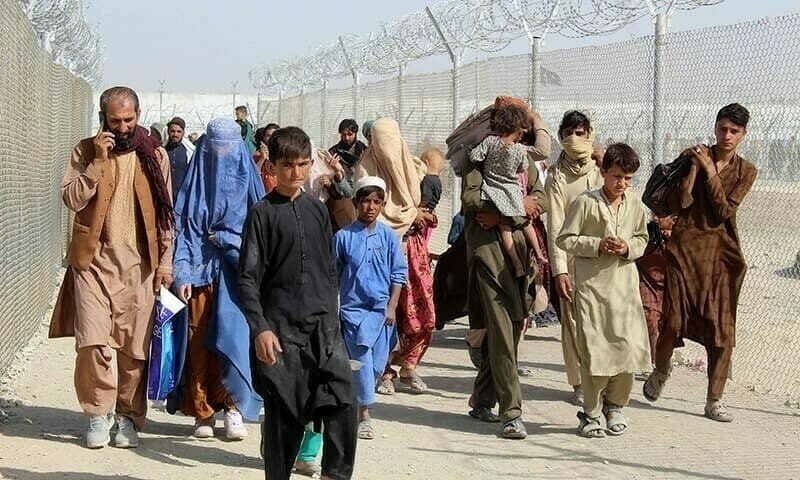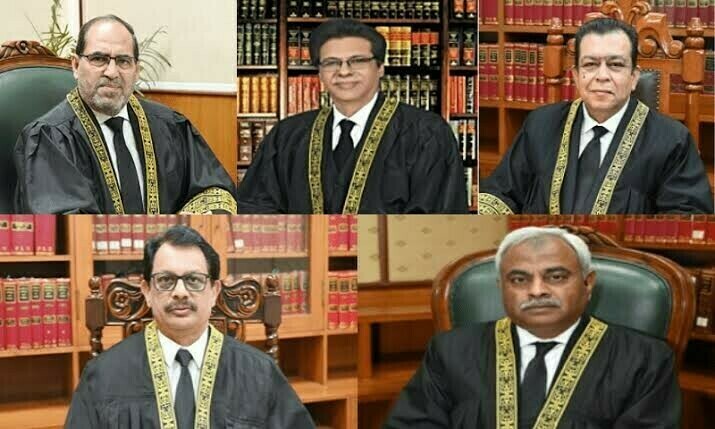LEGAL
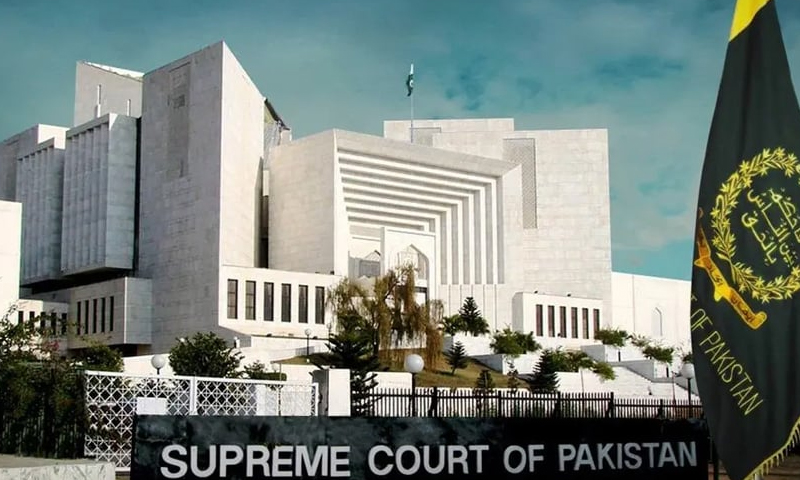
The Supreme Court of Pakistan continued hearing the crucial review case on the allocation of reserved seats to the Pakistan Tehreek-e-Insaf (PTI), with key constitutional questions dominating the proceedings.
An 11-member constitutional bench headed by Justice Aminuddin Khan presided over the session, during which Justice Jamal Khan Mandokhel posed a critical query: “Does the Supreme Court have unlimited powers?”—raising concerns about the boundaries of judicial authority under the Constitution.
Representing petitioner Kanwal Shauzab, senior lawyer Salman Akram Raja argued that the apex court is not only empowered but also obligated to uphold fundamental rights, citing Articles 184(3) and 187 as key provisions that empower the court to do “complete justice.”
Justice Mandokhel pushed back, questioning the applicability of Article 187 in this context, and asking whether the court could, hypothetically, go as far as removing a prime minister. He emphasized that some limitations must exist on judicial authority.
Justice Salahuddin Panhor also pressed Raja, asking what legal boundaries exist to the Supreme Court’s powers. Raja maintained that the Constitution gives the court expansive authority to protect democracy and citizen rights—“No compromise can be made on democratic principles,” he said.
Justice Masrat Hilali weighed in, questioning whether expanding candidate affiliation timelines from 3 to 15 days (as argued) altered the constitutional framework. Raja replied that the court’s decision didn’t change any law—it merely acknowledged that candidates had been aligned with PTI since February 8, and a confirmation process followed.
Justice Ali Baqir Najafi raised the technical distinction: Can “complete justice” be served without invoking Article 184(3)? Salman Akram Raja responded that the court’s broader powers under Article 187 allow it to act even outside the direct scope of 184(3).
Justice Hilali also challenged the political legitimacy of candidates like Sahibzada Hamid Raza, who ran as independents. Raja responded that many were part of alliances, and practical constraints forced them to contest as independents amid extraordinary circumstances—“We fought this election in a river of fire and blood,” he remarked.
The session concluded with the bench adjourning further proceedings until 9:30 a.m. on Monday.
This case carries significant political weight, as it will determine whether PTI retains or loses dozens of reserved seats for women and minorities—a key factor in forming a strong opposition presence in Parliament.
The court’s internal deliberation over its own constitutional powers adds an additional layer of gravity to the outcome, potentially setting new judicial precedents for the role of the Supreme Court in electoral matters.
